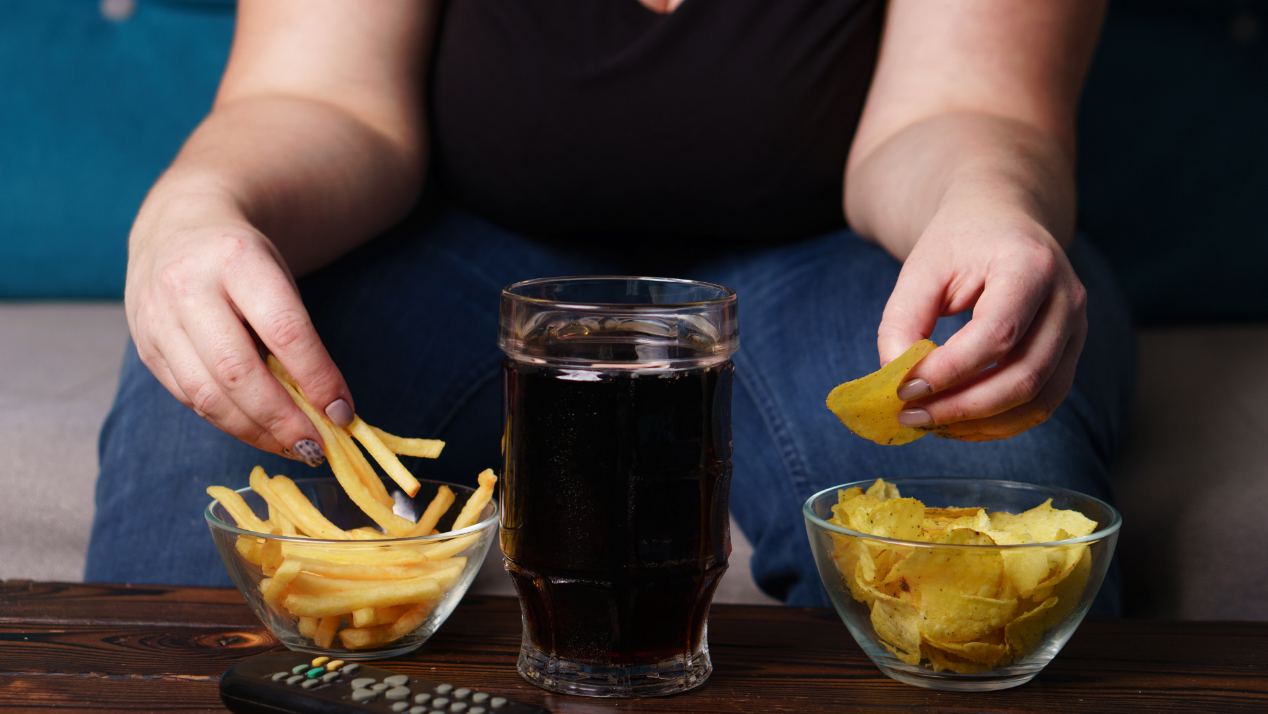Everybody is aware that fast food and a diet deficient in vegetables have a detrimental influence on one’s health and well-being. Other seemingly harmless eating habits, on the other hand, may cause health problems.
1. Not consuming breakfast
In comparison to morning fasting, skipping breakfast is unlikely to have a detrimental effect on your health. It is probable that having your first meal late will boost your cortisol levels, causing you to become irritable and increasing your risk of headaches, especially in migraine sufferers. This is hardly the optimal state for a productive workday or a rejuvenating weekend.
Additionally, there is a possibility that this technique could eventually result in metabolic illnesses, impairing the body’s ability to manage blood sugar levels in particular. This can eventually result in diabetes or obesity, among other complications.
If you are not hungry at all, drinking a glass of water or hot tea immediately upon awakening is adequate. Additionally, pack a nutritious breakfast to work, such as oats, scrambled eggs, or cottage cheese. Include veggies, fruits, or berries in your first meal to ensure that your body absorbs the most nutrients possible. At all times, one rule must be followed: breakfast must be consumed as soon as possible and not delayed till noon.
2. Snack frequently
Snacking excessively might result in an increase in daily calorie consumption or, on the other side, can dull your sense of hunger, forcing you to forego a full lunch or supper, resulting in your body receiving insufficient nutrients from your diet. As a result, it is better to avoid snacking throughout the day and instead split daily calorie consumption into three main meals.
Even so, snacking is not inherently unhealthy. They’ll be useful while travelling or in any other situation where you’re unable to eat normally. It is vital, however, to choose meals that are suited for your circumstances. For instance, fast carbohydrates such as a chocolate bar, cookies, or a package of chips may provide immediate energy and power, but the effect will be brief, and your body will quickly require further food.
Choosing complex carbohydrates or proteins over simple carbohydrates, such as a protein or cereal bar, almonds, kefir or yoghurt, or hummus with carrots or cucumber, is a superior choice for weight loss. Fruit and dried fruit are also nutritious substitutes. Despite their rapid carbohydrate content, they are also a good source of fibre, vitamins, and minerals.
3. Constantly Peeping into the Refrigerator at Night
The desire for a snack at night may arise as a result of insufficient nourishment during the day or non-adherence to the regime: staying up late increases cortisol levels, resulting in a nighttime hunger sensation. Nonetheless, frequent nocturnal treks to the refrigerator and late meals are unhealthy. Rather than that, they have historically been associated with a number of digestive problems, including acid reflux.
Additionally, food consumed in the evening is more likely to be converted to adipose tissue, and the following morning, rather than feeling cheerful, a person will feel tired – after all, the body was forced to digest what it had received and expend excess energy during the night, rather than resting. As a result, waking up on the first ring of the alarm clock is practically impossible in this circumstance.
You can eat dinner 2-3 hours before night and choose meals that provide sustained satiety, such as meat, beans, seafood, vegetables, and tofu, to minimize unnecessary trips to the refrigerator. If you’re still hungry, you can fulfil your need with a glass of kefir or plain yoghurt or a handful of walnuts. Not only will these products soak the skin, but they will also aid in sleep.
4. Drink little water
Water is essential for the body to function correctly, which includes food digestion. Each individual has a unique fluid rate, and it is only by trial and error that one can determine the amount of fluid required to sustain optimum health throughout the day.
However, this is not always straightforward. The brain may become confused between thirst and hunger and, rather than signaling that it is time to take a glass of water, it may propose to feed the individual.
Taking a few sips of water before each meal will help you avoid situations like this. And make a concerted effort to substitute sugary beverages, strong tea, and coffee in its place. If you dislike the taste of the water, flavor it with a few mint leaves, cucumber slices, or citrus fruits such as lemon or orange juice.
5. Always make sure to finish what you’re eating
The fact that you were not allowed to leave the table until every crumb had been swallowed suggests that this inclination may have begun in childhood for you. But this strategy cannot be considered effective because excessive eating can create abdominal pain, which puts additional load on the digestive system and makes it more difficult to lose weight. Increased calorie consumption is another consequence of increasing the serving size, which may result in weight gain.—
If you’ve finished your meal and have leftovers, it’s best to store them in the refrigerator and reheat them at a later time. You can also request that your food be put in a container so that you can take it with you if the incident occurred at a café or restaurant.
6. Prepare a scrumptious meal for the stomach
It is harmful to overindulge in food during holidays, weekends, or vacations for the same reasons. When the digestive system is subjected to stress for the first time, it is required to digest an excessive amount of chemicals in a short period of time and thoroughly. This will be particularly obvious if you maintain a healthy diet on the other days of the week and do not consume any more calories than is absolutely necessary.
As a result of an overabundance of bacteria in the stomach, food may make its way up the digestive tract, causing nausea and vomiting.







